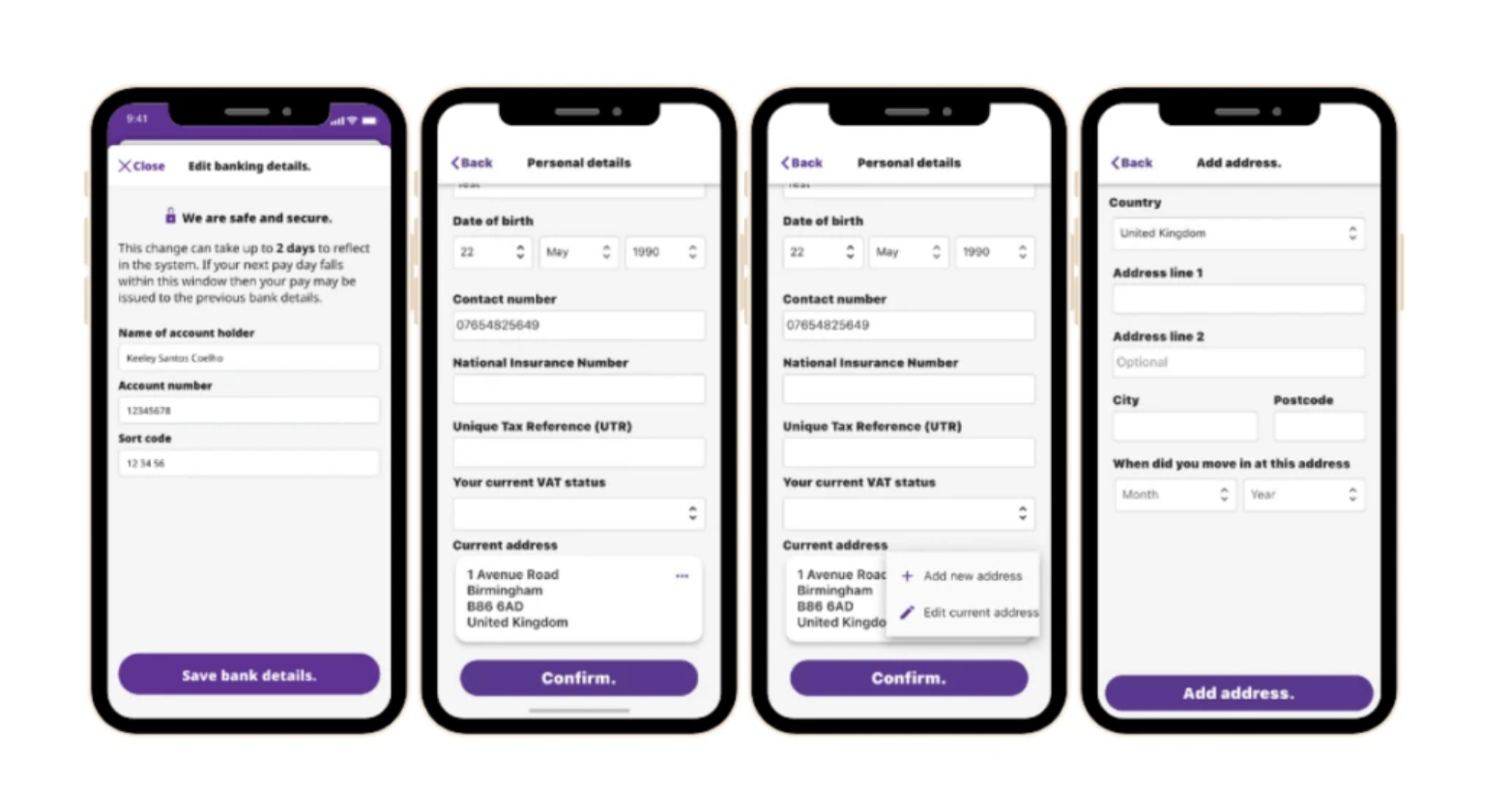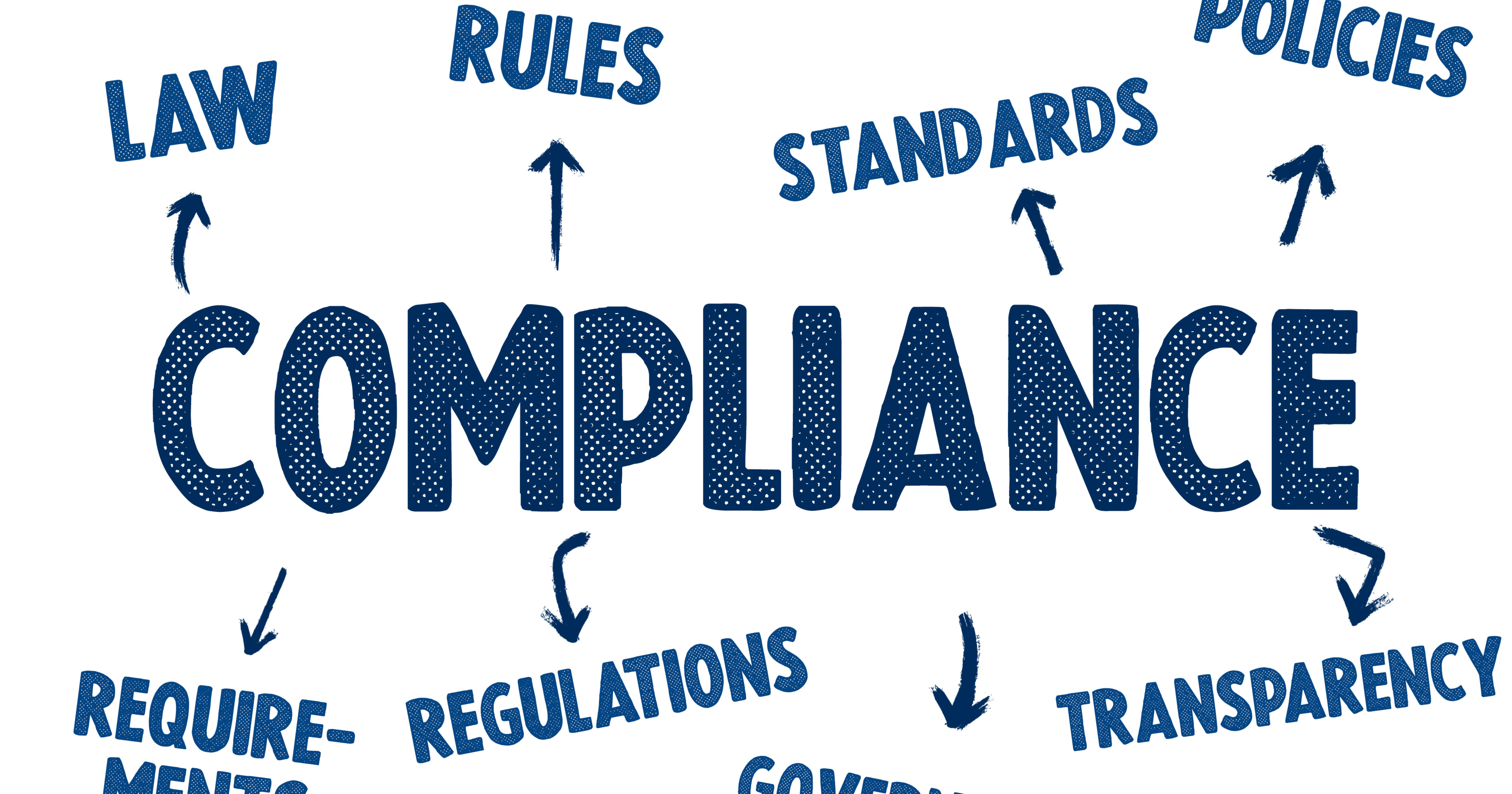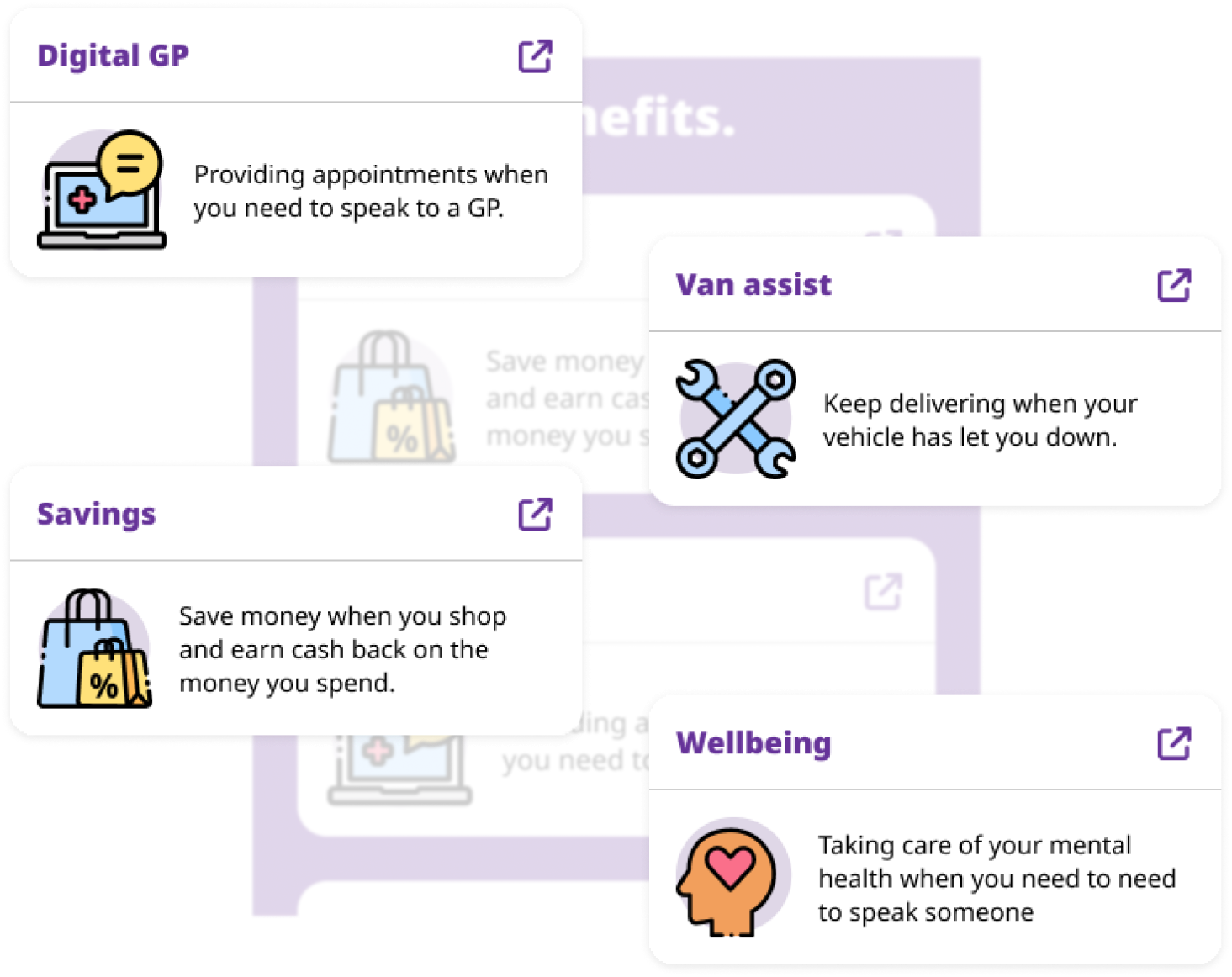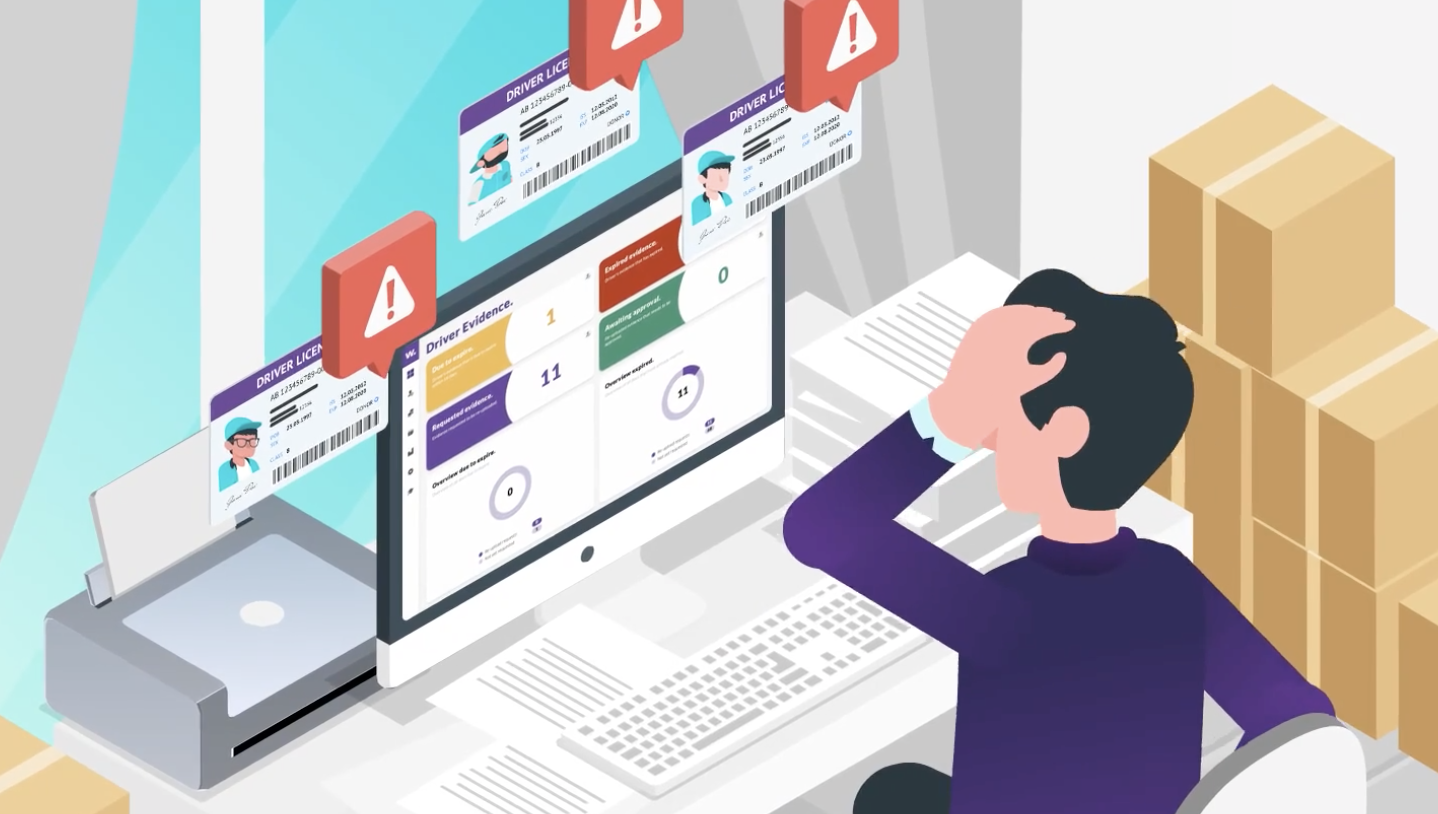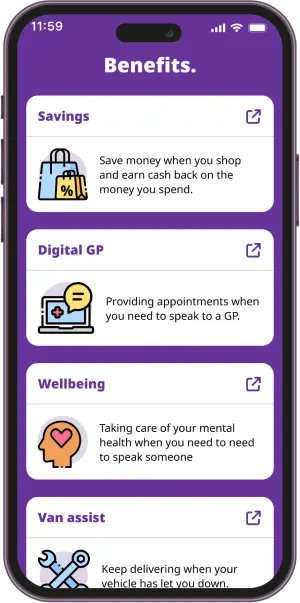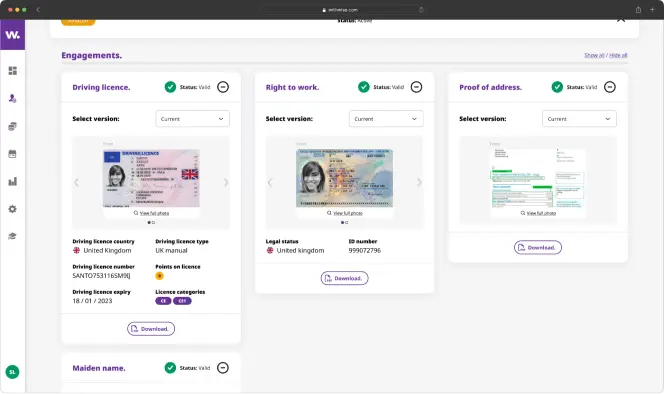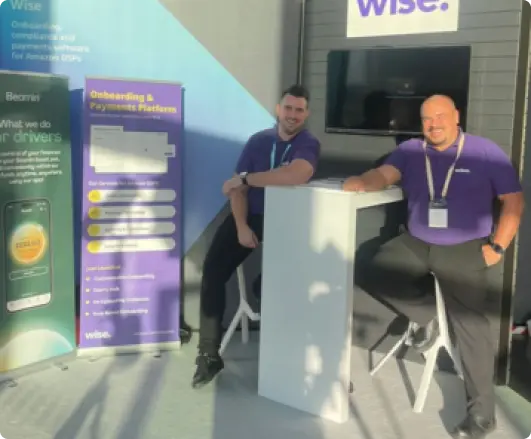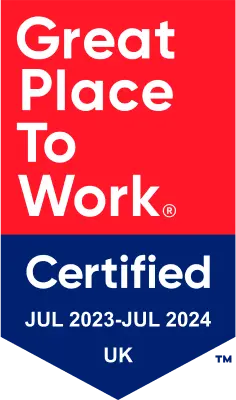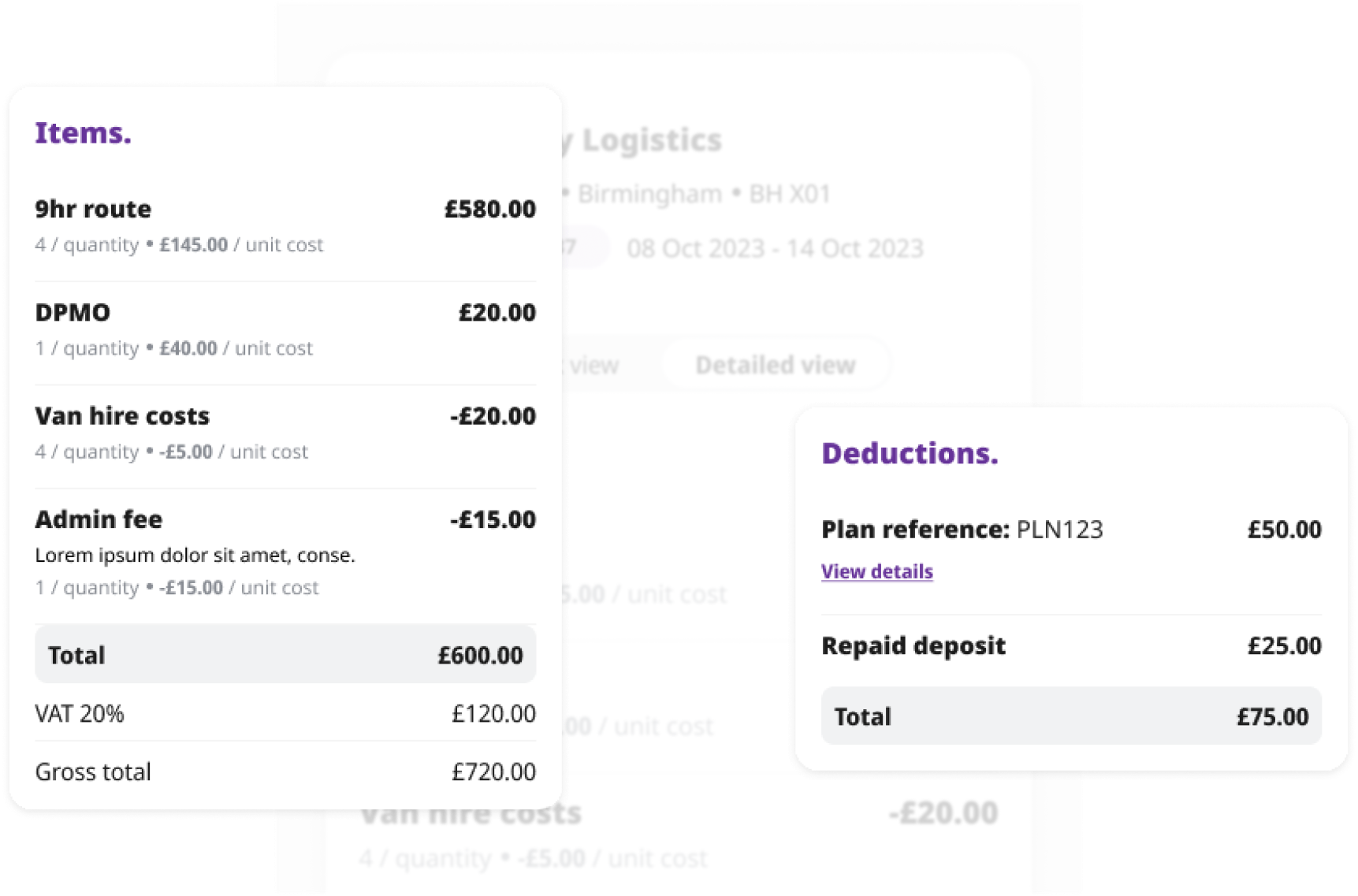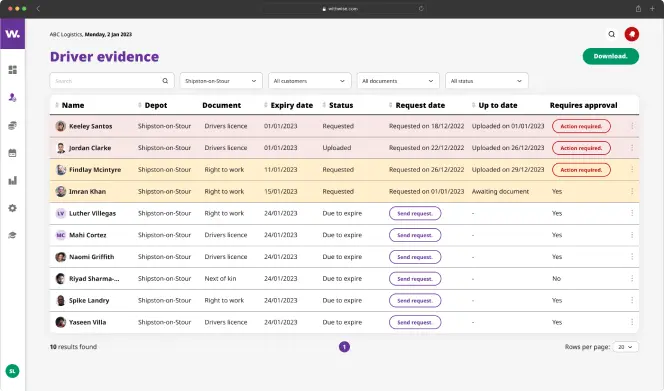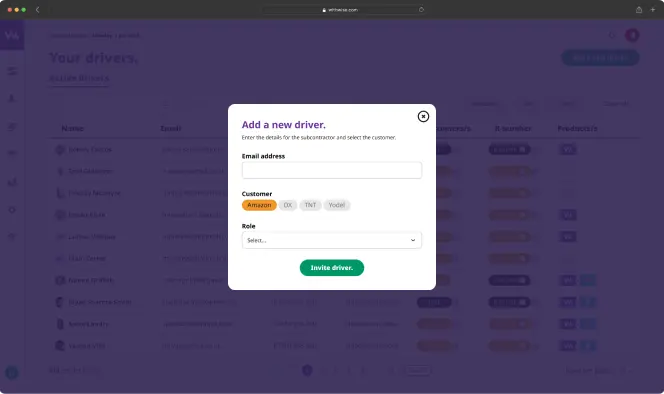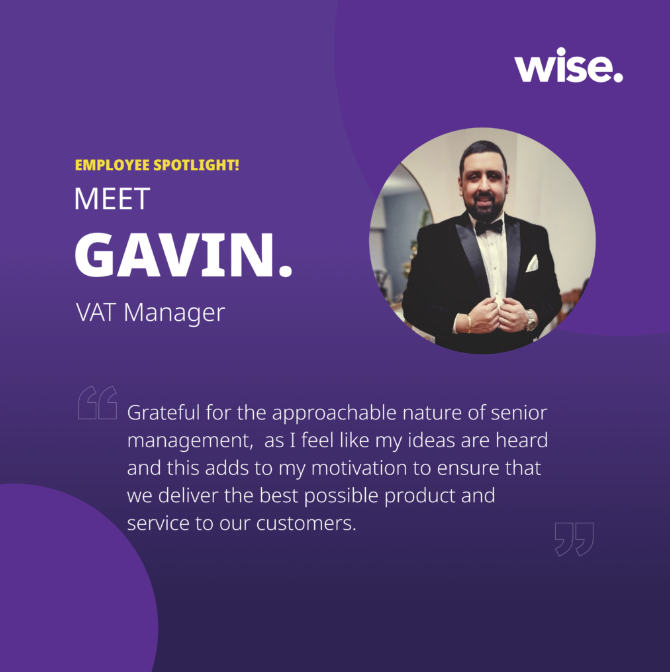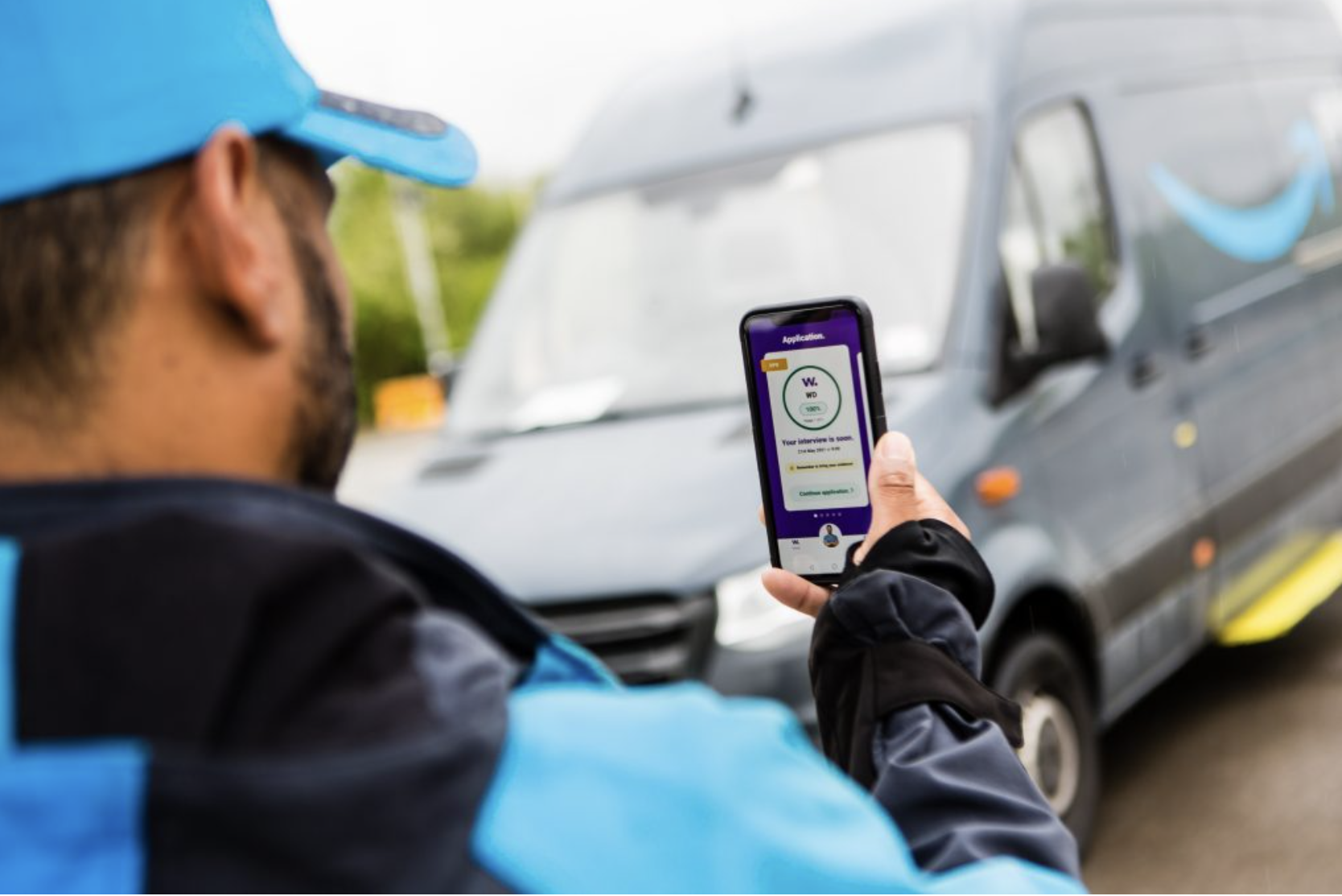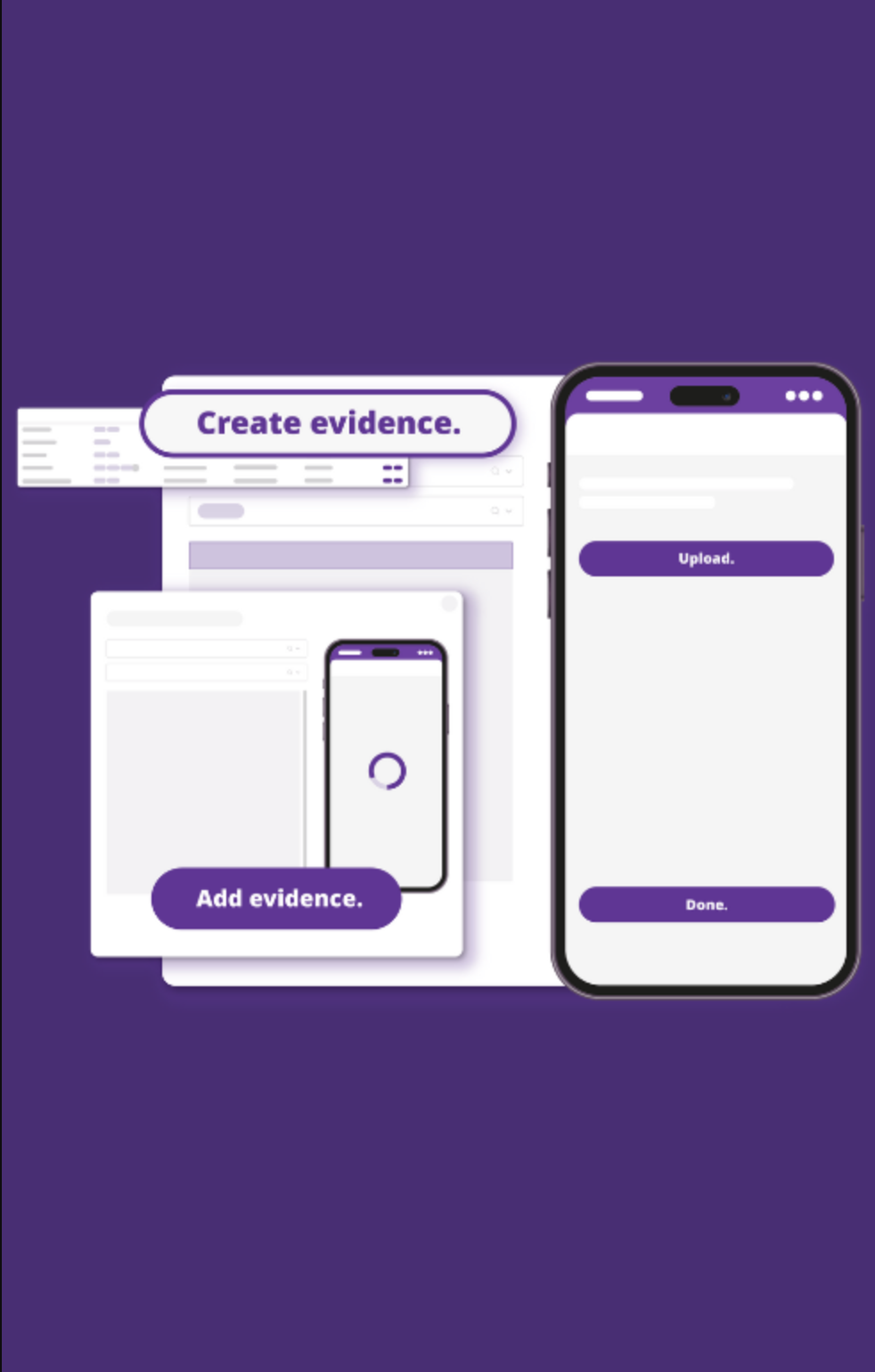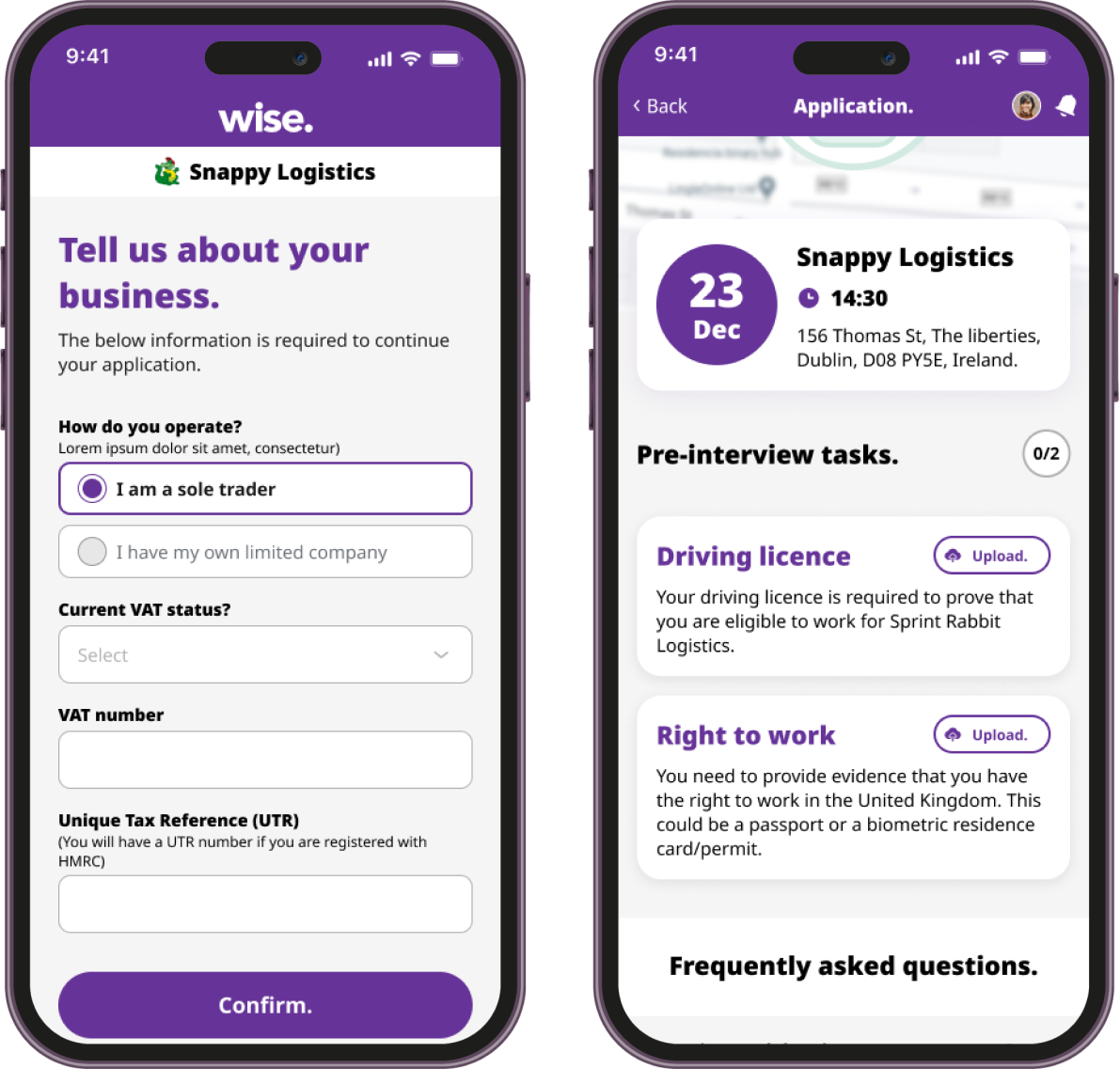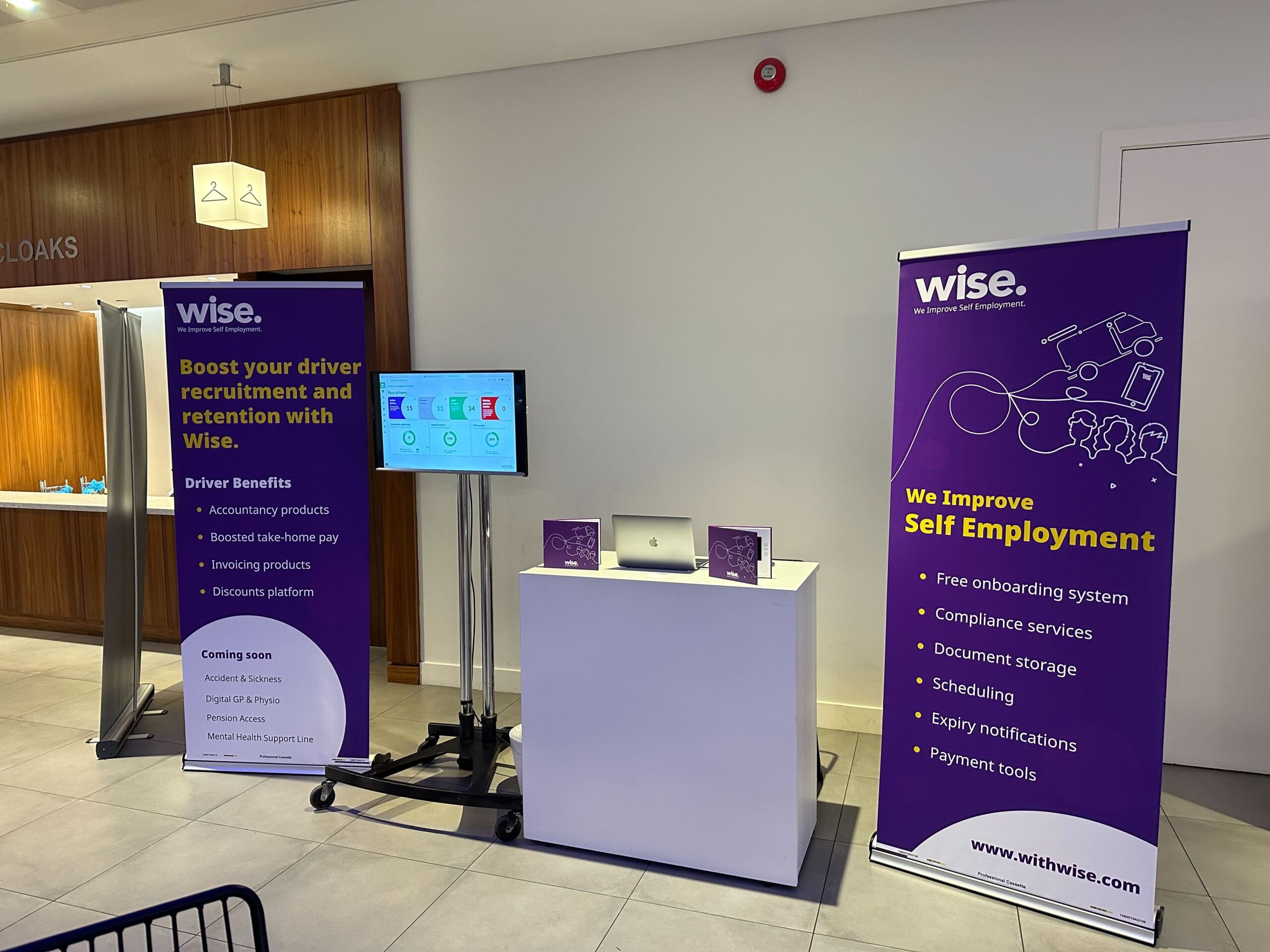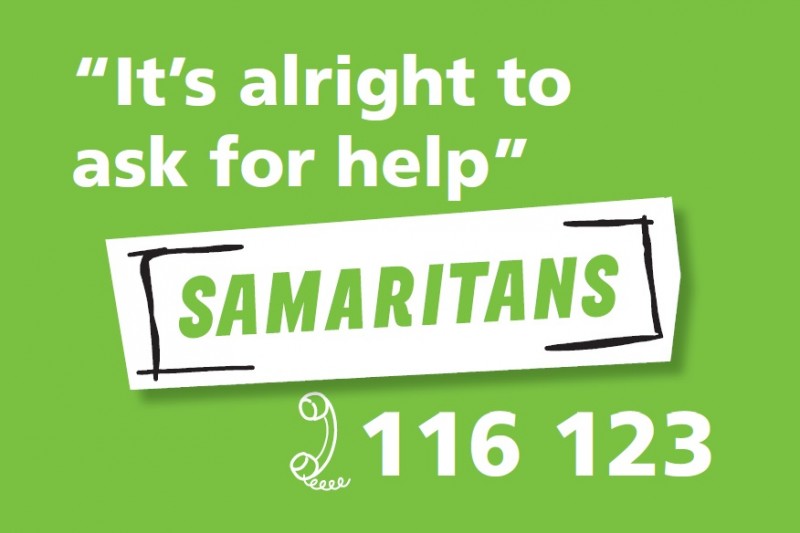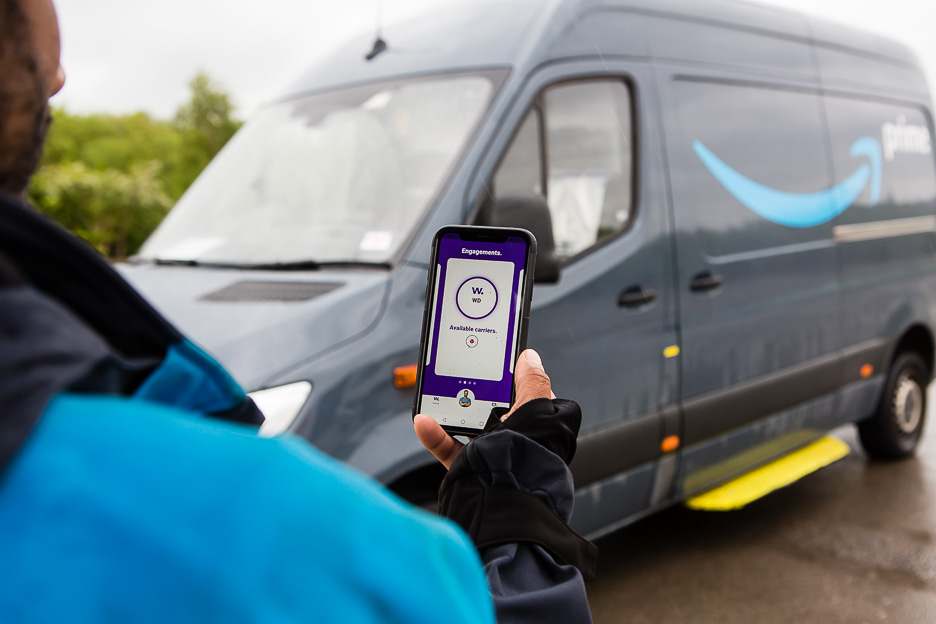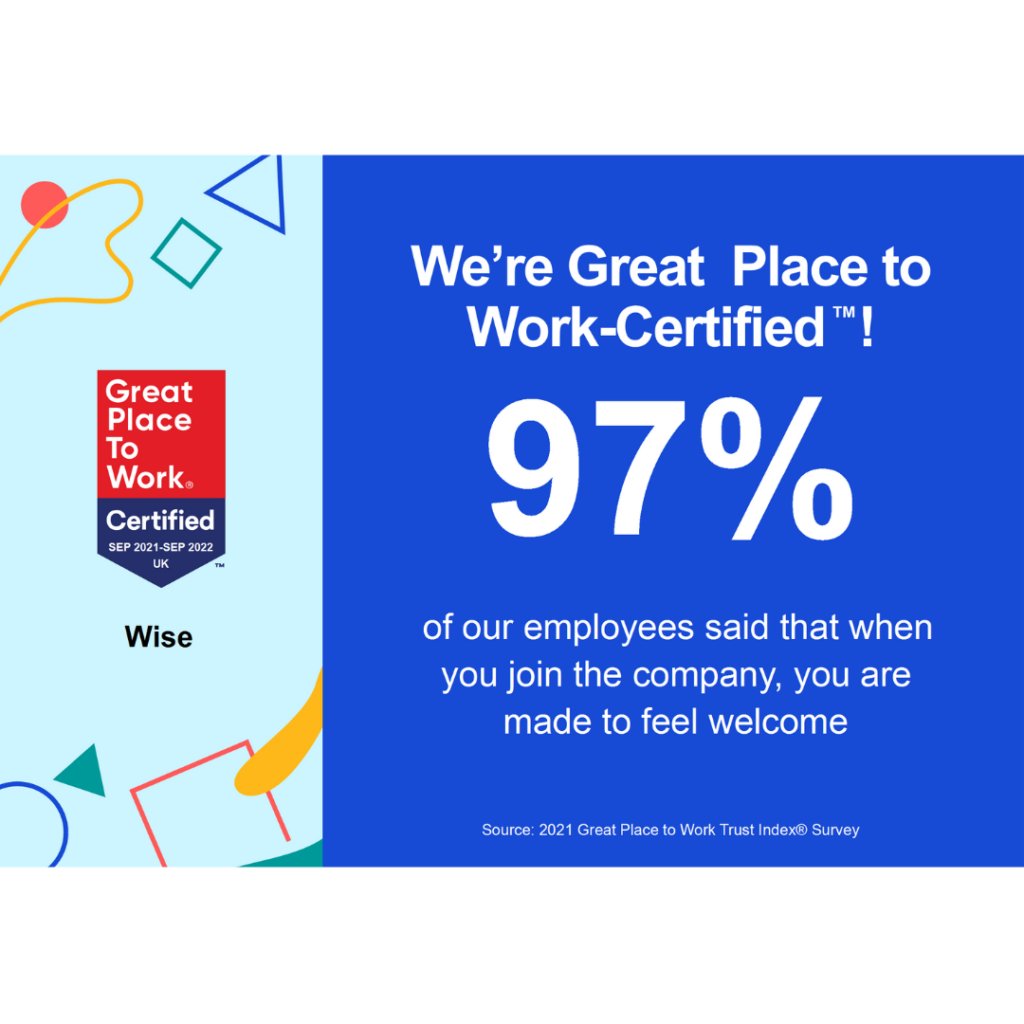Update: On the 17th the government reversed its decision to repeal the IR35 reforms. Therefore will no longer be any changes to IR35 from April 2023. Businesses will revert back to the IR35 rules that were in place from 2001 until 2017 in the public sector and 2021 in the private sector.

September 2022
Chancellor Kwasi Kwarteng announced the repeal of the 2017 and 2021 changes to IR35. This shift now places the responsibility for determining IR35 status and tax obligations back onto the contractor, relieving the end client of this duty.
When will the changes to IR35 take place?
The IR35 adjustments unveiled during the September Mini-Budget will become effective in April 2023. The existing regulations outlined in Chapter 10 will continue to be applicable until April 5th, 2023. Any tasks performed before this date, regardless of invoicing and payment timing after April 6th, 2023, will be subject to the determination of the client regarding their status.
Why did the UK government repeal the IR35 reforms?
Liz Truss indicated her intention to assess IR35, , emphasising the importance of distinguishing between independent contractors and large businesses within the tax system. This move was part of allowing contractors and businesses to focus on growth, a flexible economy and new investment without the constraints of the IR35 reforms.
Is IR35 still relevant in 2023?
After the changes go live in April 2023, IR35 will still very much be applicable. The core principles of IR35 remain unchanged; what has undergone alteration is the process of establishing employment status, which now shifts from clients back to the contractor or their limited company.
IR35
As of April 2022, HMRC will be enforcing its policy change from 2021 – meaning heavier punishments for companies found to be operating inside IR35.
This guide will help you to be more informed on the basics of IR35 so you can understand whether the off-payroll working rules apply to you and more importantly, determine the actions you need to take.
Whether you’re self-employed or work at a company that engages self-employed subcontractors, you’ll have heard about IR35.
As is the case with many tax-related issues, there is a lot of confusion and fear around this legislation, so our in-house employment status experts have come together to produce this handy guide to help you get to grips with IR35, work out whether it affects you directly and offer a solution to all your compliance needs.
What is IR35?
IR35 is anti-tax avoidance legislation that aims to collect additional payment from employees “disguised” as contractors for tax avoidance purposes.
What does inside IR35 mean?
When you’re assessed to be inside IR35, this means that you are a disguised employee and should pay broadly the same tax as a regular PAYE employee.
What does outside IR35 mean?
If you’re outside IR35, then you are self-employed and can be paid through a limited company, with the tax advantages that come with it.
Why does IR35 exist?
Before IR35, employees of companies were being disguised as sub-contractors to lower avoid paying taxes such as (are there any others).
IR35 is designed to prevent tax evasion via a limited company structure & ensure that businesses and individuals pay the correct HMRC tax contributions.
Who does IR35 apply to?
IR35 rules apply to workers who are providing their services through their own limited company, otherwise known as a Personal Service Company (PSC) or an intermediary such as:
- Workers providing their services through an intermediary
- Clients who receive worker services through an intermediary
- Agencies providing worker services through an intermediary
This does not apply to:
- Self-employed contractors providing services to clients
- Clients receiving services through self-employed contractors
- Clients located outside the UK or with no UK presence
Who is responsible for determining status?
As of April 2021, the rules around how IR35 status is determined changed. Now, medium to large-sized private sector clients, along with all public sector authorities, will be held responsible for deciding if the IR35 rules apply to their workers.
In the case of a worker providing services to small businesses in the private sector, the worker’s intermediary will be held responsible for deciding their employment status.
How old is IR35?
These IR35 rules and accompanying legislation were first brought in way back in the 1980’s, but have only recently started to affect the logistics industry as the rules have evolved in recent years.
Is my company small medium or large?
HMRC has set out three criteria to define medium to large-sized private business and it is important to note that if your business meets ANY TWO OF THE THREE criteria, then IR35 regulations apply to your company. These criteria are, you have:
- More than 50 employees
- Have a balance sheet of over £5.1 million
- Have an annual turnover of over £10.2 million
What is a disguised employee?
Disguised employees are workers who receive payments from a client via an intermediary, (for example, their own limited company) and whose relationship with their client is such that had they been paid directly they would be employees of the client.
Let’s say for example that you work for a company as an employee. The next day you announce to the company that you are leaving, you want to become your own boss, but you are happy to continue working for them under the exact same conditions – essentially all that has changed is the way that you earn and the way they pay you – this is disguised employment.
There are 3 main tests that are used to determine status and expose disguised employees.
How is status determined?
There are 3 main tests HMRC use to determine whether someone should be classed as self-employed and therefore falls inside or outside of IR35.
Supervision, direction and control:
This test relates to how much control the work provider has over how the work is completed. If, for example, an individual is required to work at certain times, this would usually imply that they are working under a contract of service.
This test considers whether or not the individual could bring someone else in to complete the contract, or if they must complete the work themselves. If the contract requires the individual to undertake the work personally, using his or her own skill in the performance of a service, this will often indicate employment.
If you are obliged to accept further work offered by a company (or vice versa), then this will not reflect well in terms of self-employment.
There are other indicators that can be used to determine worker status which look at benefits.
Things such as sick pay, holiday pay and other work perks which are traditionally enjoyed by employees need to be considered. If you are receiving any of these from a company then HMRC will consider you within IR35 as you’re receiving employee benefits.
Why does IR35 exist?
Before IR35, employees of companies were being disguised as sub-contractors to lower avoid paying taxes such as (are there any others).
IR35 is designed to prevent tax evasion via a limited company structure & ensure that businesses and individuals pay the correct HMRC tax contributions.


